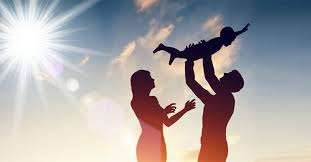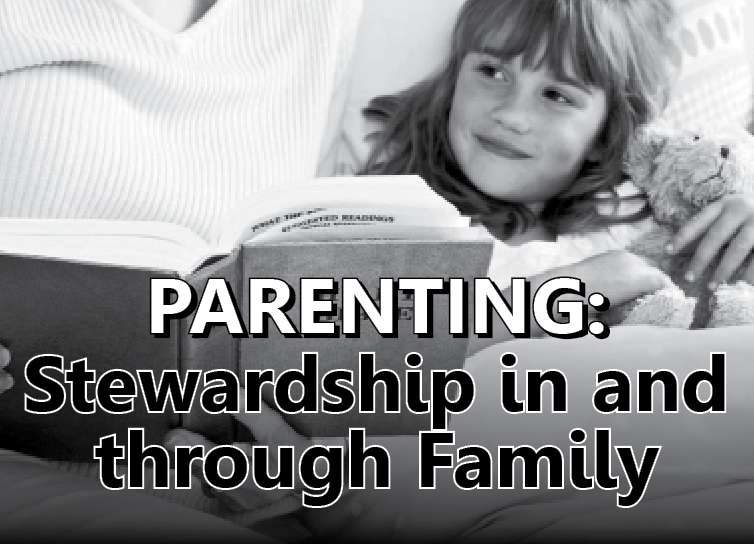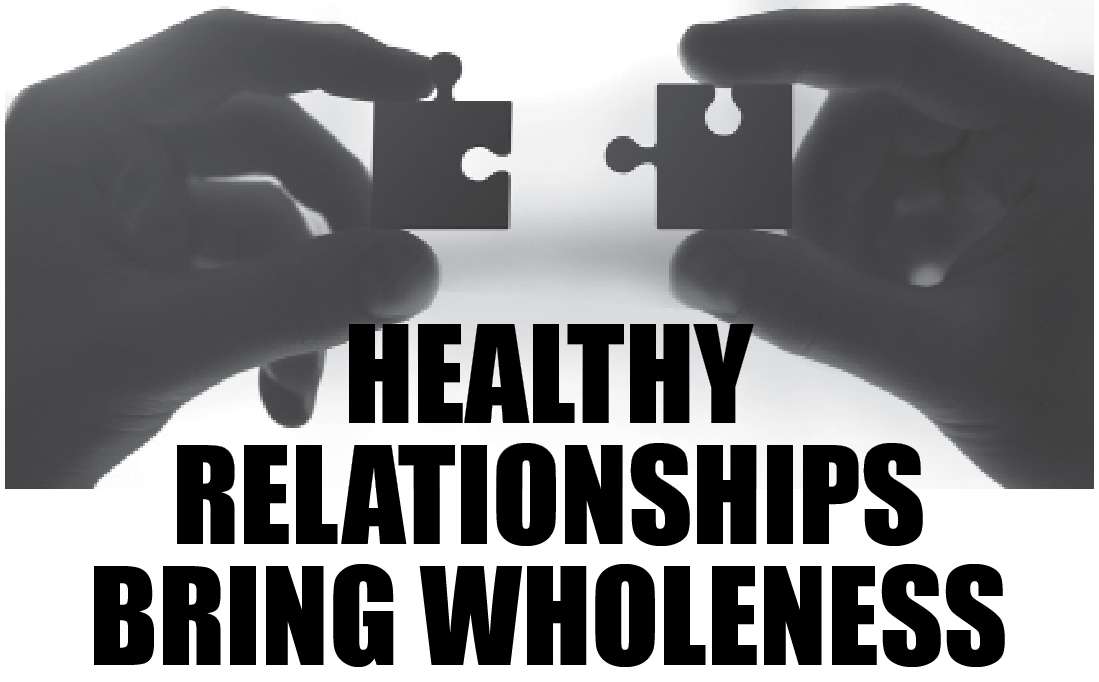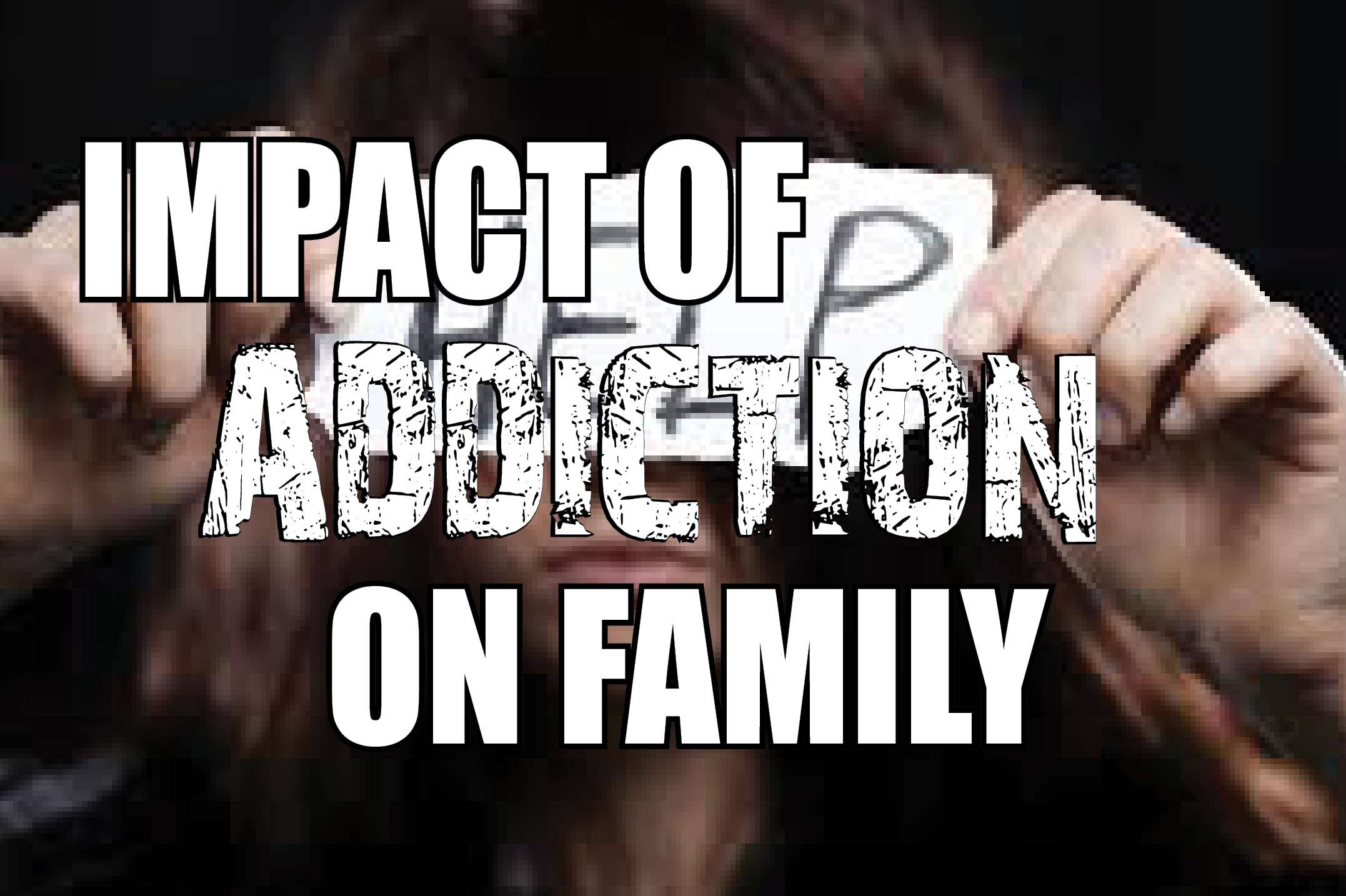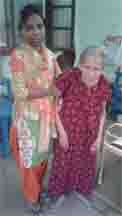

Growing Concerns of the Elderly and the Therapeutic Function of the Church
Dr. James George Venmoney
Human development is an ongoing process, which occurs throughout life span from conception to death either as an evolution or involution. This dynamic progression of development is influenced by interplay between biological, cognitive and socio-cultural and emotional process. However in the early phases, growth predominates and in the later part decline outweighs. This article primarily attempts to deal with the challenges and the different concerns that the elderly undergoes with a view to develop the need of an adequate attention and supportive care system.
Different Periods of Human Life-Span
According to Elizabeth Hurlock the human life span can be divided into ten periods. The first period is prenatal which begins from conception to till birth. The second period, infancy, starts at birth and extends up to the end of the second week. The third period is babyhood which extends from the end of the second week till the end of the second year. The fourth period is early childhood from two to six years. The fifth period, late childhood, is ranging from six to ten or twelve years. The sixth period puberty, (preadolescence), is from ten or twelve to thirteen or fourteen years. The seventh period, adolescence, extends from thirteen or fourteen to eighteen years. The eighth period is early adulthood which comprises of eighteen to forty years. The ninth period of human development is middle age from forty to sixty years. The final phase, old age, ranges from sixty years to till death. The final phase that is the old age is the central focus of this study.1
Biblical Foundation on Old Age
Old age bears a resemblance to wisdom. They have construed wisdom from different encounters in their life. Bible asserts to respect the old age and they are honoured for their valued status. (Lev 19:32; Prov 16:31; Job 12:12; Deut32:37). Bible depicts old age as the reward for an upright living (Exo 20:12; Prov 3:12). New Testament depicts few charming who lead a quality of life even in their old age. Simon (Luk 2:26), Anna (Luk 2:36), Zachariah and Elizabeth (Luk 1:5-7) are typical examples for this. The cry of psalmist, do not cast me off in the time of old age (Ps 71:9), depicts the challenges and pathos accompanied in the old age. David who sets God as his first priority all through his life hopes that God, the source of being and becoming, provides fullness of life even in the adversities of old age. Old age provides space for introspection and they can have positive learning from their pain and suffering.
Increasing Rate of Old Age
Due to the better living conditions and advanced health care system the average life span is increasing today. Now chronological age sixty cannot be fixed as the criterion in determining the old age. When some people are born old, some appears to be young even in their old age. The escalating number of old people in the Indian scenario is an eye opener to understand their harsh realities associated with this stage. It has been identified that India has the second position of largest aged population in the world. A projection made by the UN shows that the present estimate of 100 million elderly in India will reach 326 million by 2050 that means one fifth of India’s population will become elderly by 2050. The report further indicates that, among the working population of elderly 71% does work out of compulsion. And 45% of them have no income and only 1.5% has health insurance (Source: Help Age India. The Times of India, October 1,2013, p.4). This statistic sheds light to understand the increasing ageing population and their growing challenges in the contemporary Indian scenario. It is pertinent to remark that in the Indian context particularly in Kerala many old people are left alone due to the migration of their children. The recent report of the news paper with regard to the plight of the old people deserves our immediate attention.
Challenges in the Old Age
Problems and possibilities are habitually coupled with human life at different ways. Each developmental stage is associated with different challenges and tasks. Old age is coupled with many challenges as well. Though the popular saying attribute that old is gold, yet that is not real in the case of older generation. In this period of decline they are expected to develop different adjustments to life. The coping patterns of the elderly with these diverse demands of life further play a predominant role in predicting the decline. As they are in a way in their second childhood, only very less attention is given to address their increasing concerns. When children and other family members move to other places, then the old people become more at risk.
Developmental Task in the OId Age
Human beings have different developmental tasks from childhood to old age. Developmental task provides guidelines to understand the societal expectation and their responsibility to fulfil at different developmental stages. The developmental tasks at each stage should be successfully resolved for the healthy pattern of development. Havighurst’s identifies the different developmental tasks in old age, that is pertinent to be remarked here: It includes: “(i) adjusting to decreasing physical strength and health, (ii) adjustment to retirement and reduced income, (iii) adjusting to death of spouse, (iv) establishing an explicit affiliation with members of one’s age group, (v) establishing satisfactory physical living arrangements and (vi) adapting to social roles in a flexible way.”2 This developmental task will be more critical, when the new generation moves from the homeland or stays far away from their aged parents. How far such migrants can provide supportive system to their elderly is a significant question to be addressed.
Physical Challenges
Old age people encounters marked physical changes. As the age progresses they experience several vulnerabilities in their body. They develop a consistent decline in vision and hearing. There is a general decline in sexual potency as the age advances in both men and women. The physical defencelessness causes difficulty in their mobility, and finds difficulty to involve in energetic activities as they had earlier. Their memory capacity decreases at this stage. Since their health declines their body is more vulnerable to infections and diseases. As their physical strength looses, they cannot function as they have functioned formerly. Therefore, they have the task to cope with their reduced physical strength and health.
Changes in the motor abilities are the other notable phenomenon in the old age. According to Elizabeth Hurlock, “the physical causes of changes in motor abilities include a decrease in strength and energy, which is a normal accompaniment of the physical changes that take place with age; lack of muscular tone; stiffness of the Joints; and tremors of the hands, forearms, head, and lower jaw. The psychological causes of changes in motor abilities stem from the awareness of “slipping” and from feelings of inferiority experienced when comparisons are made with younger people in terms of strength, speed, and skills. Emotional tension, stemming from these psychological causes, may hasten the changes in motor abilities or decrease the motivation to attempt to do what might still be done.” 3
Emotional Challenges
The migration of the young generation causes adverse impact on the elderly at different levels. In a competitive world when the work pressure and other demands of life become high the new generation find difficult to provide quality time to their elderly. The hectic life schedule and changing value system of the present generation ignores the demands of their elderly. As a result often the emotional needs of the aged are not adequately taken care by the busy generation. lt has been observed that elderly often become liability to many families. When they are left alone they find it difficult to manage themselves. In this situation the old generation undergo feelings of rejection and helplessness. Consequently a vast majority feel resentment and lonely.
The older generation is sometimes accused of their stubborn nature and being less willing to change. As they grow old, the focus of attention is on ‘self’ than the ‘other’. They are tending to be more preoccupied with their past history and their earlier achievements. As the younger generations’ focus of attention is centered on the present, often they pay little attention to these ‘nostalgic stories.’ This situation produces the feeling that, ‘I am not attended by others’ or ‘no one listens me’.
At this stage their learning capacity decreases, and they find it difficult to learn new skills. Economic insecurity is the other challenge that the old people often encounters. Majority have to depend on others for their survival needs. Unresolved conflicts in the past cripple to attain successful accomplishments in the present state of the elderly. The conservative approaches, veneration of the past, nostalgic attachment with the past achievement and familiar objects, reluctance to change make old age riddled with number of challenges. In addition, “loss and grief are constant companions of aging individuals.” 4
Their encounter of the “loss of many family members particularly the loss of their spouses heightens their anxiety at different levels. They develop anxiety about their own death and worry that they may become burden to others. Such feelings will heighten, when they are left alone due to migration of their children.
Conclusion/Evaluation
Old age is the closer period in the human life span which is accompanied with number of challenges. They should be facilitated with a better care system to stay alive even in the adversities of life. Church called to be a therapeutic community has a crucial role in the healing process of this marginalized. They must be informed that ageing is not a disease, but an integral part in the human life cycle. Therefore, one should be ready to accept the changes and challenges in this stage of development for healthy pattern of living. The successful coping to different life concerns and maladjustments largely depends on how the issues are resolved in each developmental stage. People who are poorly adjusted in their earlier part of life tend to develop maladaptive adjustments in the latter stages of their life.
The notion that retirement is a graduation from the work cripples the growth journey of a person at different levels. According to Shultz, when an individual experiences a sense of satisfaction and his life fulfilment was a success in coping with the victory and failure, he/she is in a state of ego integrity. On the other hand when an individual feels that his/her past life was ineffective and failures and mistakes cannot be rectified, then the individual is in a state of despair.5 To achieve healthy life one must have the willingness to accept the past experiences, failures, limitations and realities of life. When an individual Iives in the irreparable past and facing life negatively he/she cripples the totality of life.
It has to be noted that the ageing process deepens one’s insight into more spiritual realities. Motivation plays a crucial role in enhancing the growth and adjusting with different developmental tasks. They must be assisted to deal with their unfinished task. Attending and caring behaviour aid the elderly to cope with different demands of life. Old age home concept provides outstanding opportunity to come together and establish new arena of friendship. Family, church and the society should be educated in this regard to respect these senior citizens and address their concerns. Pastoral care and supportive counselling is an effective tool to deal with the emerging concerns of aged parents.

